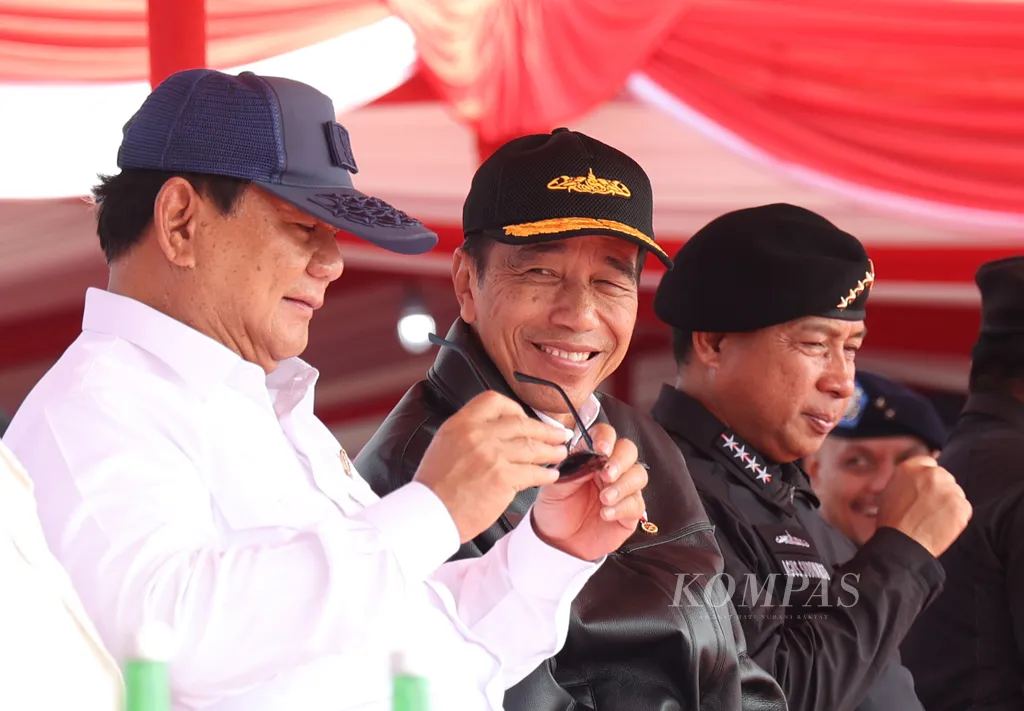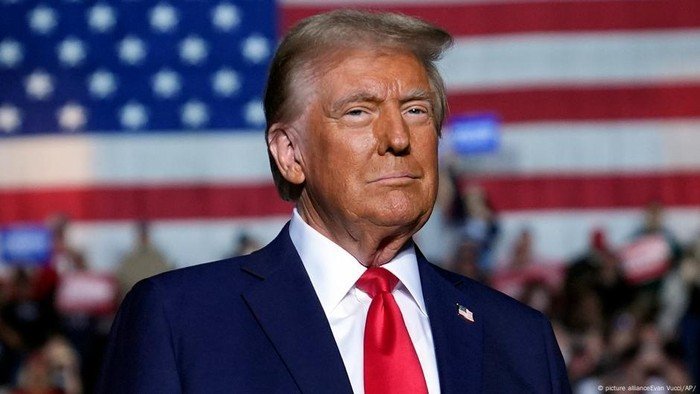A Bandung Institute of Technology (ITB) student, identified only by her initials SSS, has been arrested by Indonesia’s Criminal Investigation Agency (Bareskrim) for allegedly uploading a satirical meme depicting President Prabowo Subianto and former President Joko Widodo (Jokowi) kissing.
The case, which went viral after her detention was publicized on social media, has reignited debates over freedom of expression and the reach of Indonesia’s controversial Electronic Information and Transactions (ITE) Law, recently revised in 2024. If convicted, SSS could face up to six years in prison.
Legal Crackdown on Digital Satire
The arrest, which occurred in Jatinangor, West Java, marks one of the first high-profile enforcements of Indonesia’s updated ITE Law, which critics argue is increasingly used to silence dissent. The meme in question—a digitally altered image of the two leaders in an intimate pose—was shared privately but later circulated widely, prompting authorities to act.
Police have charged SSS under Article 27(3) of the ITE Law, which criminalizes online content deemed “defamatory” or “insulting.” Legal experts note that the vague wording of the law leaves room for arbitrary enforcement, particularly against political satire.
ITB officials confirmed they are providing legal assistance to the student and coordinating with her family and the university’s Parents Association (IOM). The ITB Student Executive Board has also pledged support, emphasizing the need for “fair legal proceedings.”
Global Implications: Art, Law, and Power
The case reflects a broader tension in Southeast Asia, where governments are tightening digital censorship under the guise of maintaining public order. Indonesia, despite its democratic framework, has seen a rise in ITE Law prosecutions—over 800 cases since 2020, targeting activists, journalists, and now, even students.
Internationally, the arrest raises questions:
- Should memes be treated as free speech or criminal acts? (Similar debates have emerged in Thailand, India, and Turkey.)
- How should universities protect students in politically sensitive cases?
- Does revised cyber legislation risk stifling youth creativity?
Human rights groups warn that such cases could deter Indonesia’s digitally savvy youth from engaging in political discourse. “When satire becomes a crime, democracy loses its pulse,” said Andreas Harsono of Human Rights Watch Indonesia.
Conclusion: A Test for Indonesia’s Digital Future
As SSS awaits trial, her case has become a litmus test for Indonesia’s commitment to balancing national stability with civil liberties. With global attention growing, the outcome may influence whether the ITE Law is amended—or if more arrests follow.
For now, the question lingers: In the age of viral memes, where should the line between humor and legality be drawn?





